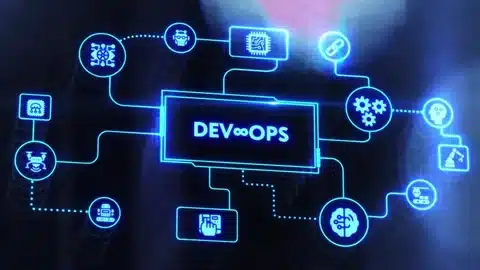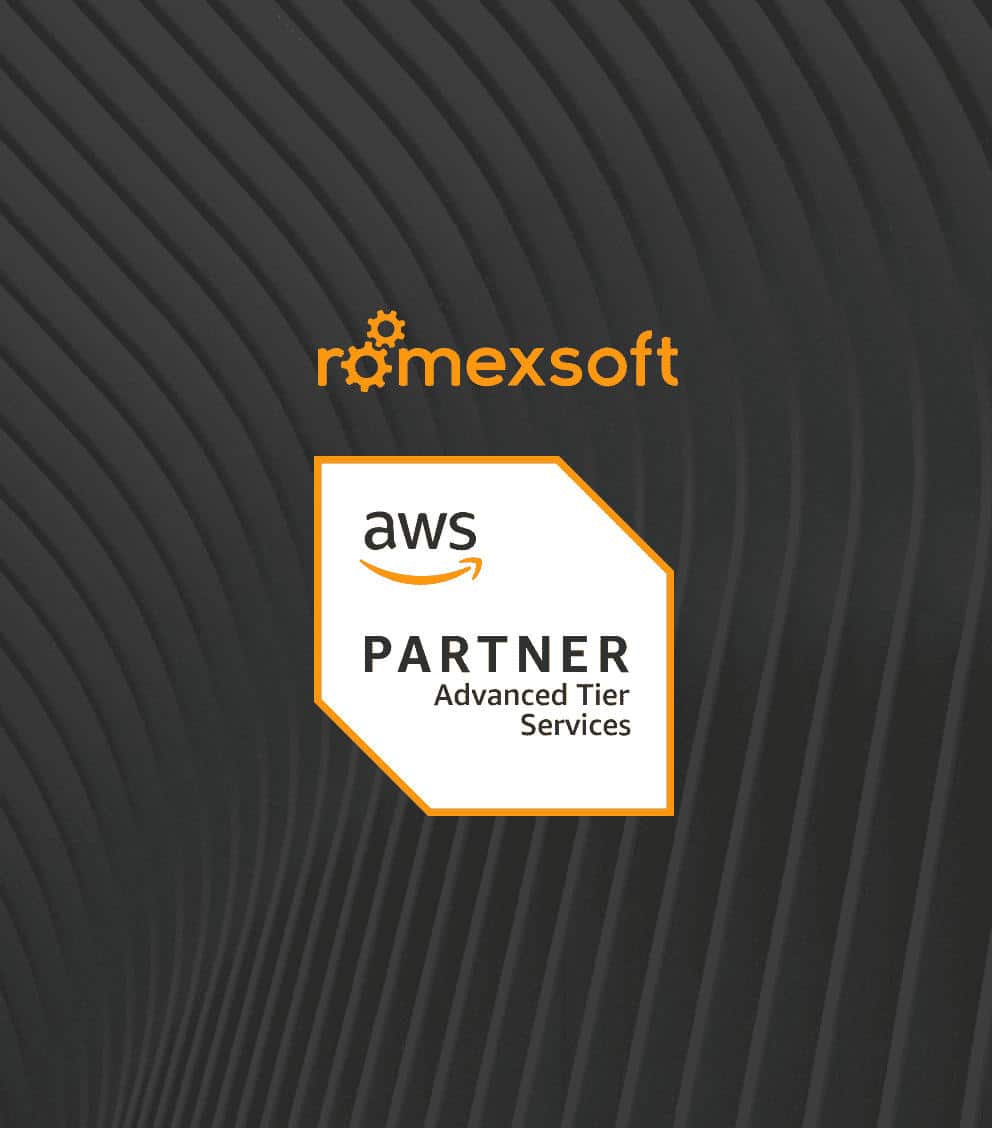Scaling DevOps for Comprehensive Success Strategies
Discover the essential strategies for scaling your DevOps operations. This comprehensive guide covers everything from infrastructure automation and CI/CD pipelines to cultural shifts and security concerns. Learn how to future-proof your DevOps environment through strategic scaling.

Table of Contents
Table of Contents
Introduction: The importance of scaling in a growing DevOps environment
As DevOps environments grow, so does the need for scalability. Scaling is not just about handling more tasks or storing more data; it’s about doing so efficiently and effectively. In a growing DevOps environment, scalability ensures that your operations can handle increased loads without compromising on performance or quality.
- Efficiency: Optimal use of resources.
- Performance: Maintaining high levels of service.
- Quality: Ensuring that growth doesn’t compromise the quality of operations.
Scaling is an integral part of DevOps, especially for organizations looking to expand or manage larger projects. It involves various strategies, from infrastructure automation to cultural shifts, all aimed at preparing your DevOps environment for large-scale success.
Recognizing the signs: When is it time to scale your DevOps?
Knowing when to scale is crucial. Signs that it’s time to scale your DevOps include increased system loads, frequent bottlenecks, and a growing team. These indicators often signal that your current setup is reaching its limits and needs to be expanded.
- System Loads: Increased traffic or data processing needs.
- Bottlenecks: Frequent slowdowns in workflows.
- Team Growth: Expansion of the DevOps team.
Recognizing these signs early and seeking DevOps consulting can help you take proactive steps to scale your DevOps operations, thereby avoiding potential crises and ensuring smoother transitions as you grow.
Infrastructure automation: Laying the foundation for scalability
Automation is the cornerstone of scalability. Infrastructure automation involves automating repetitive tasks like server provisioning, configuration management, and deployments. This not only speeds up processes but also ensures consistency and reduces errors.
- Speed: Faster execution of repetitive tasks.
- Consistency: Uniform configurations across environments.
- Error Reduction: Minimized human errors.
By automating your infrastructure, you set the stage for scalability, allowing your DevOps environment to grow without becoming unwieldy or error-prone.
Continuous integration and continuous deployment (CI/CD): Advancing with scale
CI/CD pipelines are crucial for scaling DevOps. They enable automated testing and deployment, ensuring that code changes are integrated and deployed smoothly into the existing system. As you scale, CI/CD pipelines can handle increased workloads without manual intervention.
- Automated Testing: Ensures code quality.
- Smooth Deployments: Automated deployments reduce downtime.
- Scalability: Handles increased workloads efficiently.
Implementing robust CI/CD pipelines is essential for scaling your DevOps operations. They not only improve efficiency but also ensure that quality is maintained as you grow.
Microservices architecture: Breaking down monolithic structures for greater flexibility
Microservices architecture is a game-changer for scalability. Unlike monolithic structures, where the application is built as a single unit, microservices break it down into smaller, independent components. This makes it easier to scale specific parts of the application as needed.
- Flexibility: Easier to make changes and updates.
- Independence: Components can be scaled individually.
- Resource Optimization: Efficient use of resources.
Adopting a microservices architecture provides the flexibility and independence needed for large-scale operations, making it a key strategy for scaling your DevOps environment.
Cloud-native tools: Leveraging cloud resources for scalability
Cloud-native tools offer a scalable solution for growing DevOps environments. These tools are designed to take full advantage of cloud computing benefits, such as elasticity, resilience, and distributed computing. Leveraging cloud-native tools can significantly ease the scaling process.
- Elasticity: Easily adjust resources based on demand.
- Resilience: Improved fault tolerance and recovery.
- Distributed Computing: Efficiently manage large-scale operations.
By incorporating cloud-native tools into your DevOps strategies, you can ensure that your operations are well-equipped to scale efficiently and effectively.
Cultural shifts: Adapting team dynamics for large-scale operations
Scaling isn’t just about technology; it’s also about people. As DevOps operations grow, team dynamics need to adapt. A culture that supports collaboration, continuous learning, and agility is crucial for successful scaling.
- Collaboration: Enhanced teamwork for problem-solving.
- Continuous Learning: Ongoing skill development.
- Agility: Quick adaptation to changes.
Adapting your team culture to support large-scale operations can make the transition smoother and more sustainable in the long run.
Advanced monitoring and logging: Ensuring system health as you grow
As your DevOps environment scales, so does the complexity of monitoring it. Advanced monitoring and logging tools become essential for keeping an eye on system health, performance, and security. These tools provide real-time insights and alerts, helping you proactively address issues before they escalate.
- Real-time Insights: Immediate information on system health.
- Alerts: Prompt notifications for any issues.
- Proactive Management: Address issues before they become critical.
Implementing advanced monitoring and logging tools is crucial for maintaining the integrity and performance of your scaling DevOps environment.
Security concerns: Maintaining integrity in expanding environments
Security is a paramount concern, especially as you scale. An expanding DevOps environment can introduce new vulnerabilities. Therefore, maintaining robust security protocols is essential for protecting data, ensuring compliance, and safeguarding your operations.
- Data Protection: Secure storage and transmission of data.
- Compliance: Adherence to industry regulations and standards.
- Operational Security: Safeguarding the integrity of your DevOps processes.
Security should be a top priority in your scaling strategy, ensuring that growth doesn’t compromise the safety and integrity of your operations.
Conclusion: Future-proofing your DevOps through strategic scaling
In conclusion, scaling is an integral part of a growing DevOps environment. From infrastructure automation to cultural shifts, various strategies can help you prepare for large-scale success. It’s not just about meeting the demands of today but also about being prepared for the challenges of tomorrow.
- Strategic Planning: Thoughtful preparation for scaling.
- Adaptability: The ability to adjust to new challenges.
- Future-Proofing: Preparing for long-term sustainability.
By adopting these strategies, you can future-proof your DevOps operations, ensuring that they are robust, efficient, and ready for whatever comes next.
FAQ: Scaling DevOps Support
Scaling is crucial because as your organization and its demands grow, your DevOps operations must adapt to handle increased workloads, more complex tasks, and larger teams. Without proper scaling, there's a risk of inefficiency, downtime, and security vulnerabilities.
Infrastructure automation simplifies and accelerates the provisioning and management of resources. As your DevOps scales, automation ensures that repetitive tasks are handled efficiently, allowing for rapid growth without manual bottlenecks.
Microservices architecture breaks down applications into smaller, independent services. This allows teams to scale individual components without affecting the entire system, providing both flexibility and resilience during growth.
While not the only option, cloud-native tools offer scalability advantages. They can dynamically allocate resources based on demand and offer a wide array of services tailored for large-scale operations, making them a popular choice for scaling DevOps.
Clear communication, maintaining a strong organizational culture, and investing in continuous training are essential. As teams grow, it's crucial to keep everyone aligned with the organization's goals and values.
As operations expand, there's a larger surface area for potential attacks. Challenges include managing more access points, ensuring all new tools are secure, and continuously monitoring a more complex environment for vulnerabilities.
CI/CD streamlines the process of integrating new code and deploying it to production. For large-scale operations, it ensures that even with increased frequency and complexity of updates, software releases remain smooth and consistent.
Larger environments can indeed be more challenging due to their complexity. However, with the right tools and strategies, teams can effectively monitor system health, track anomalies, and ensure everything runs optimally.
While some investment is inevitable, especially in tools and training, efficient planning and leveraging open-source solutions can help in scaling DevOps without massive expenditures.
Reassessing should be an ongoing activity. As the industry evolves and your organization's needs change, regular evaluations ensure your scaling strategies remain effective and aligned with business goals.




